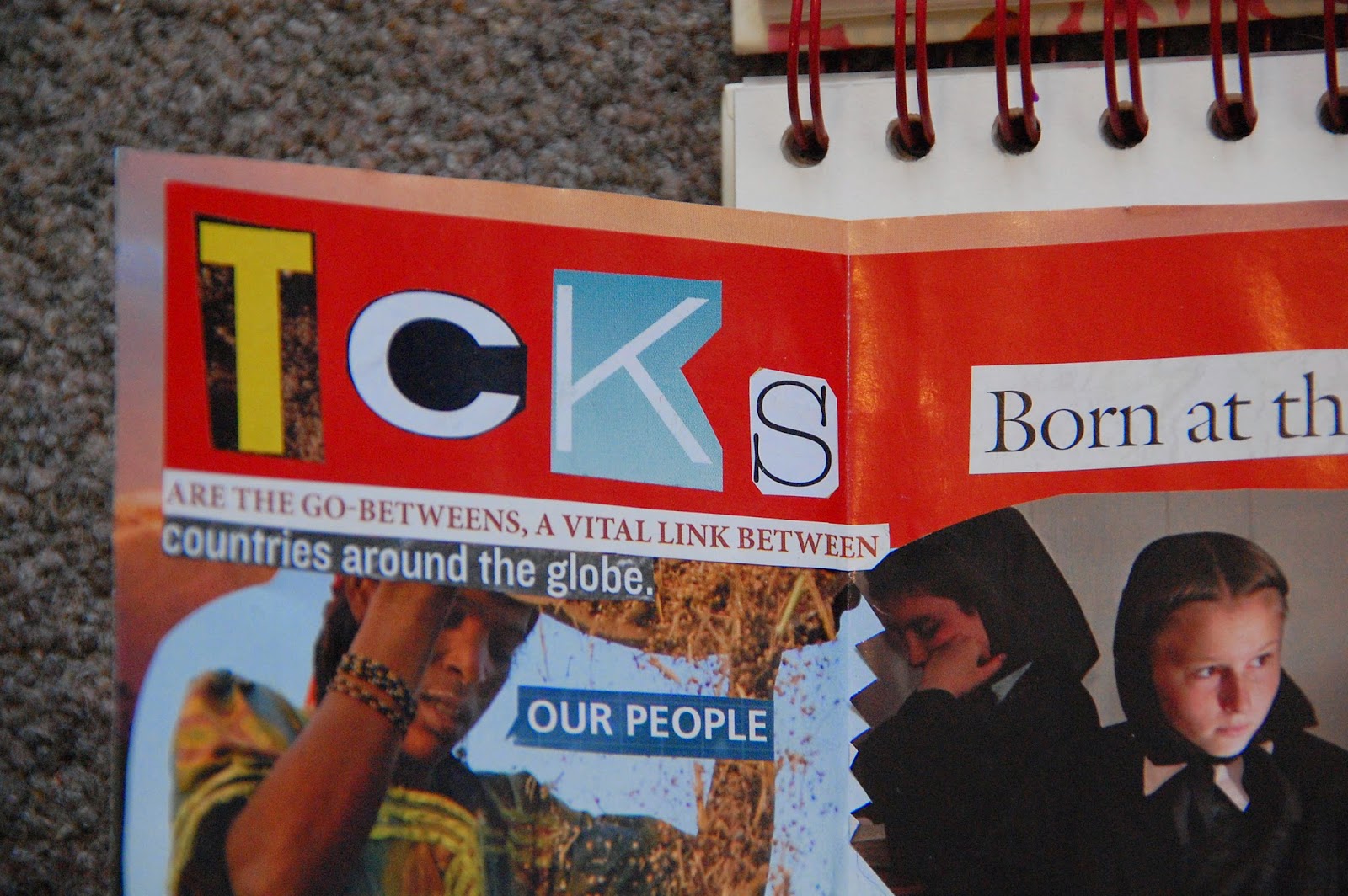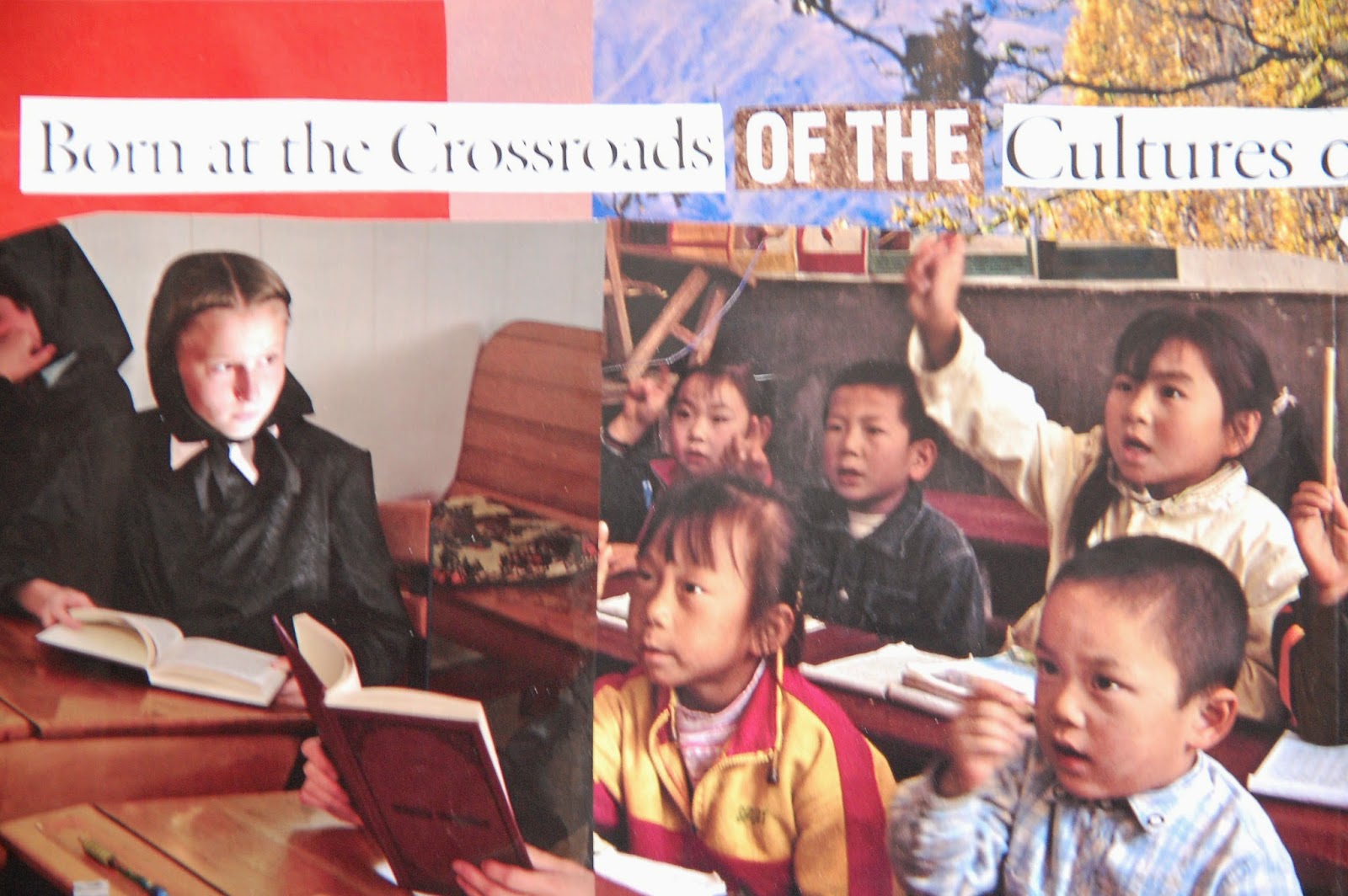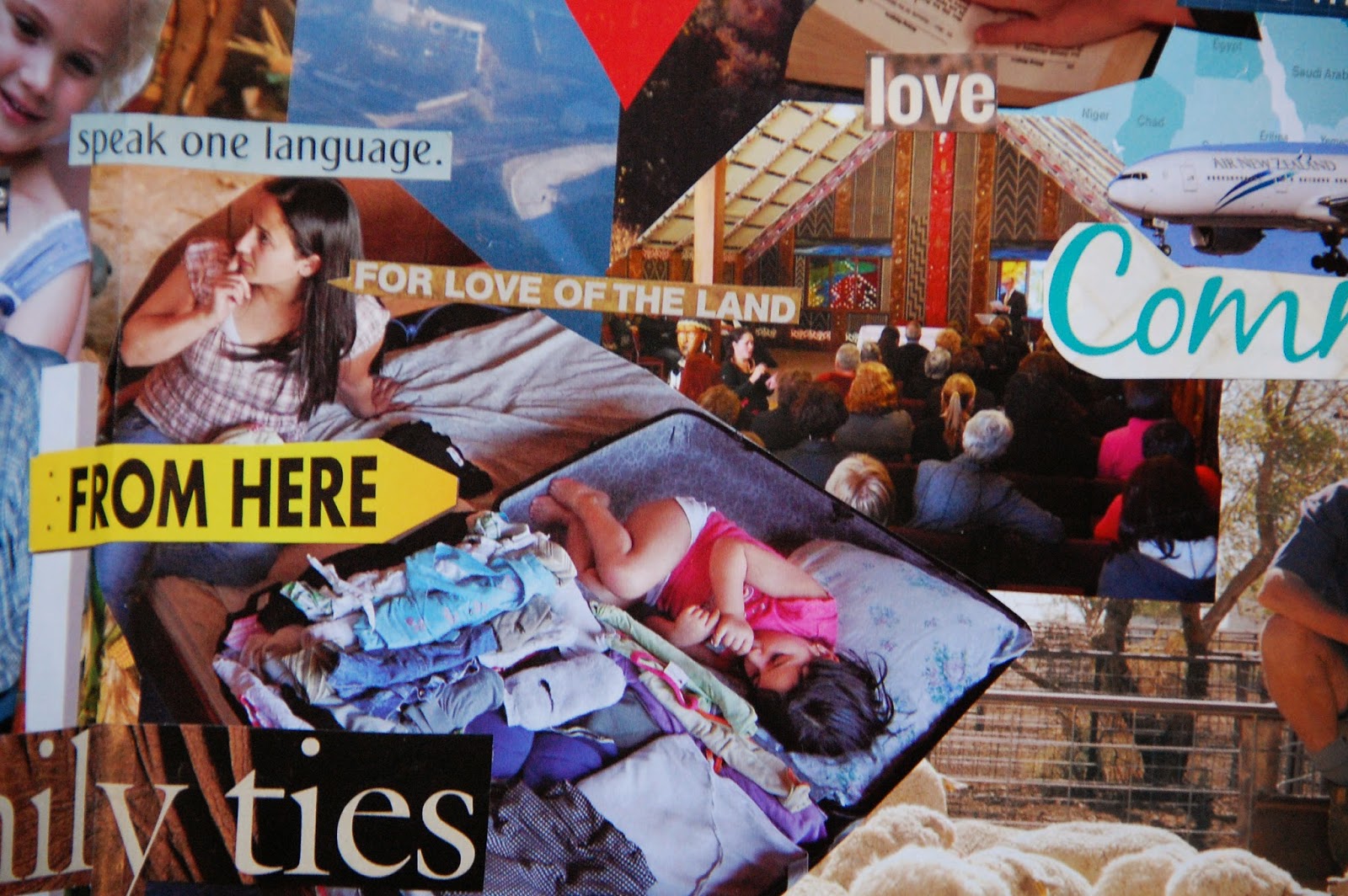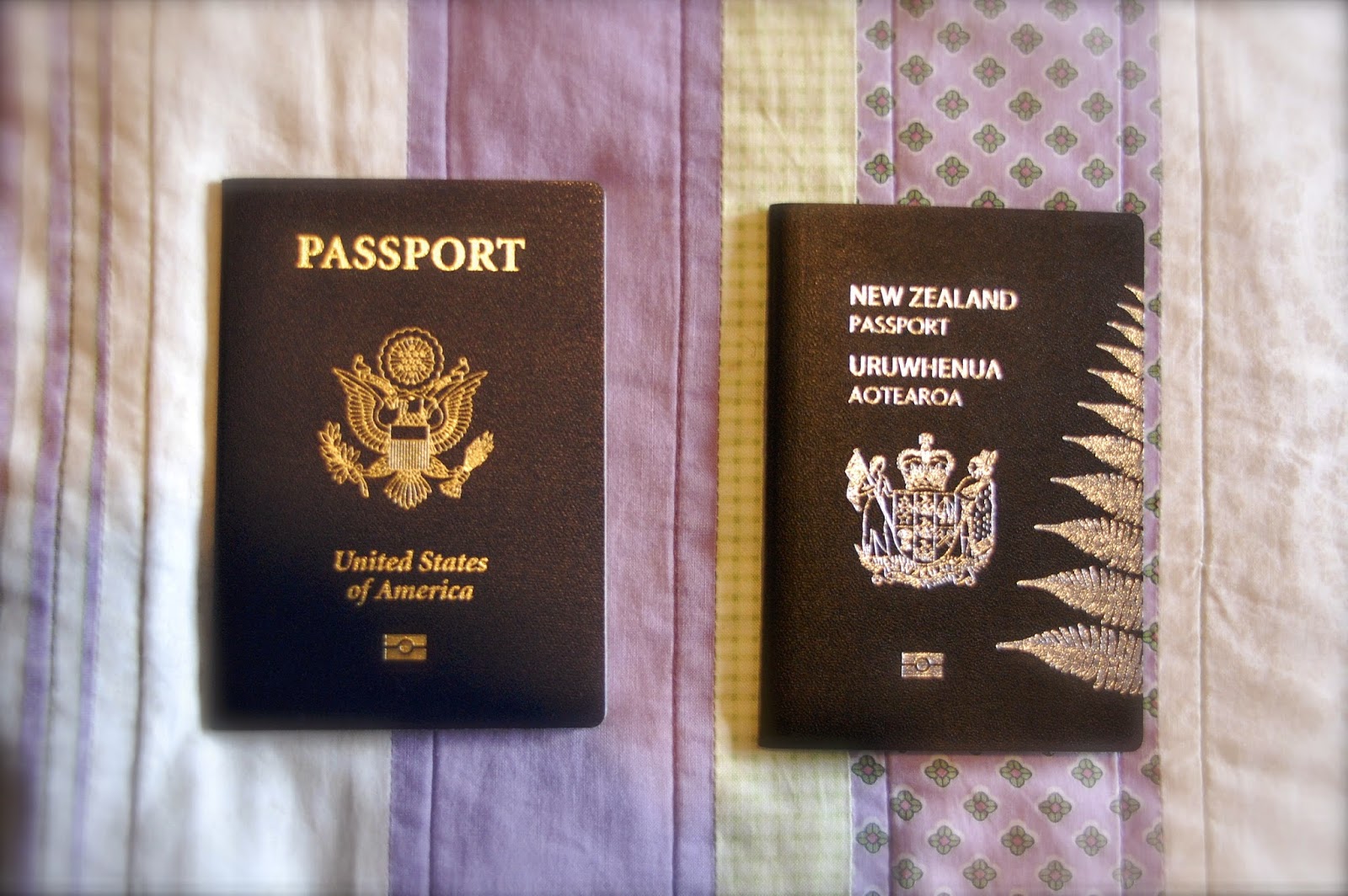She curls up under two duvets, as the downpour pounds on the eaves of the tin roof. Sadly and excitedly comforting, it reminds her of the days in her dry hometown where precipitation was something to dance about. Now in a wet, faraway land, natives moan and groan about the weather. She does, too, on the surface. But if she was honest with herself, she always liked the rain.
Much happens when one moves countries. Much changes, one should say. Bank accounts, school routines, political policies, language for menial tasks. Those are all the obvious things. Deeper furrows of culture are more difficult to determine. What is valued? What is commonly hated? Who do you disagree with? What do you long for? No one asks these questions on a black and white questionnaire to apply for university. Nor does one thinks to ask those questions in a coffee shop. And is it even called a coffee shop? Or do you call it a cafe? Do you even like coffee? What do you do if you don’t?

These things flick through her mind, two and a half years after first hopping on that airplane that took her to the wet, faraway land. This land, the land of spring flowers and Pakeha accents mingled with Maori pidgin. The land where she learns to love her own country.
Well, this land is her own, too, but she already knows that. Early on she had heart-breakthrough that she was Kiwi and no matter what her accent sounded like. Regardless of people’s perception, she always has an inheritance in this land. She knows this. Yet what she learns now is to love that other place, that other homeland. That other part of who she is.

Small countries are entitled to have misconceptions about larger countries. Larger countries certainly have their fair share of misconceptions regarding smaller countries! Stereotypes abound. Yet there are many more movies displaying the stereotypes larger countries have against smaller ones, than the other way around. No one ever thinks that there are misconceptions on both sides.
That other part of who she is? She’s American, though she wouldn’t have admitted it to you if she could have helped it. Eighteen years in one place gets a hold of your tongue and accents stick like Elmer’s glue. Although she dresses like a Kiwi, comfortable in op-shop coats and merino scarves, nothing can hide that accent. You’ll hear her at the coffee shop. She’ll be the one asking for “wah-der”, while her friends request a glass of “woh-tah”. So, instant label is slapped on her forehead. It holds the weight of a nation if she chooses to carry it.

She chooses to carry it. Poisoned by blame and accusation, at first she clings to her Kiwi heritage, ignoring her American side. She accepts their subtle negativity, those snide comments which really don’t hold much poison, but rather reveal an ignorance of the positive traits of Americans. “I’m sorry you’re American,” jokes one. She chokes, confused because growing up in Hawaii meant that you never really think of yourself as “American”. (Yet she had soon learned that if you have any kind of American accent, regardless of what state you are from, you are American). What she didn’t know is that if you despise a nation that is part of your identity, you end up despising part of yourself.
This is my story. Fragmentation of identity shattered my heart, reducing my capacity to love myself– the necessary, but less-spoken-about predecessor to ‘loving your neighbor’. Self-hatred didn’t have anything to do with my outward appearance in this story. No, it was regarding my cultural identity– deep, complex, and unseen.
Much happens when you move countries. Many people testify to the fact that they discovered that they had a culture. They learned to miss a place they formerly wanted to escape from. They learned to love their home. This all happened to me regarding Hawaii. But it’s only been in the past few months that I’ve started to learn to love myself again, in relation to three letters: USA.

Life here has brought healing, in the most unexpected ways. Waking up at 5am to watch FIFA World Cup matches, finally screaming for USA. Sitting in Lone Star, New Zealand’s version of a Texas restaurant, getting frustrated by dinner guests slamming American history. Then there’s waking up on September 11th in 2014 and hearing arguments for the corruption of American politics. Then? I realize, they don’t what it’s like to wake up one morning in third grade to live footage of a skyscraper in your country collapsing into the heart of its city. No matter what skill level in sports, no matter whose to blame in history– I cannot deny I love my home, carrying its pain and holding its hope.
I curl up under two duvets, and though the downpour has now stopped, the wind still whips through the eaves of my roof. Sadly and excitedly comforting, it reminds me of storms in old prairie pioneer movies that I watched as a child. Try as I might, I can’t escape the country I was born and raised in. I can’t run away from loving the twang of a banjo, laughing at the existence of Twinkies, or thinking we should be a little more positive in our outlook on life. I can’t help that all our movies in NZ seem to be American and that your dominant culture in the media follows that trend. I can’t excuse our extroverted, loud behaviour in supermarkets nor can I make a case for our governmental mistakes in this world.
But if I’m honest with myself, I’ve always loved the rain. I’ve always loved that which people here seem to get annoyed with on a daily basis. Why? Because I know the land can’t live without a little splash of water now and then. We as Kiwis can’t thrive as who they are without a little bit of American positivity once and awhile– just like Americans can’t survive without the solid rock of down-to-earth Kiwis.
I know this, because I am both.

And in this constant pendulum swing of cultural identity, I have discovered one part of me cannot live without the other.
You can easily enough see how this kind of thing works by looking no further than your own body. Your body has many parts—limbs, organs, cells—but no matter how many parts you can name, you’re still one body. It’s exactly the same with Christ. By means of his one Spirit, we all said good-bye to our partial and piecemeal lives.
Goodbye to partial and piecemeal identities, what I’ve lived with for far too long. Now?
Each of us is now a part of his resurrection body, refreshed and sustained at one fountain—his Spirit—where we all come to drink. The old labels we once used to identify ourselves—labels like Jew or Greek, slave or free—are no longer useful. We need something larger, more comprehensive (I Corinthians 12:12-13, MSG)
Something larger, more comprehensive, deeper.
It’s time for you to find out what that deeper identity is.

Now? I dare you to ask him.
You might just be surprised at how he answers.
Photos: Paeroa, NZ; collage on Third Culture Kids (TCKs) made in 2012; my passports; Mangere, Auckland, NZ.



